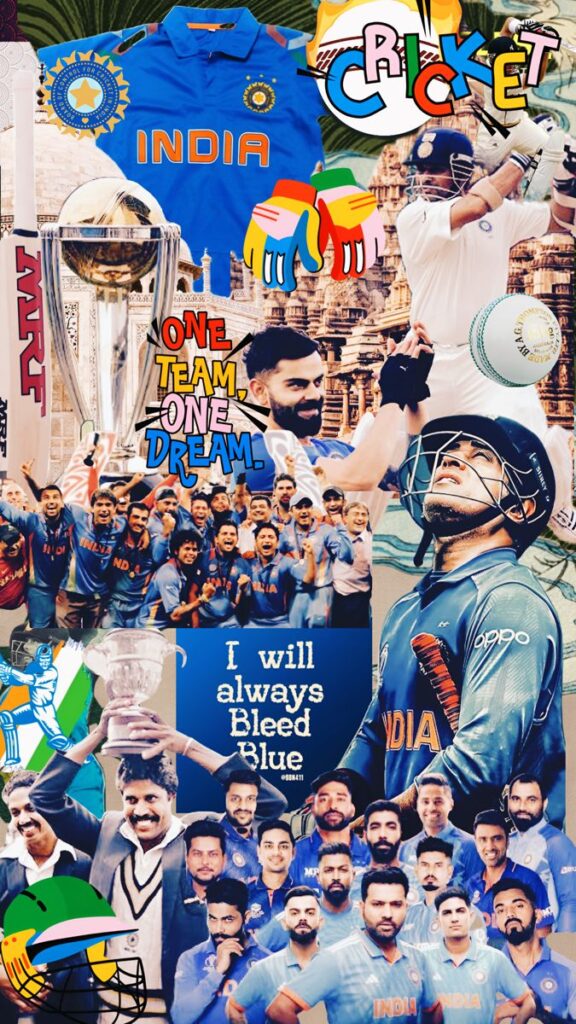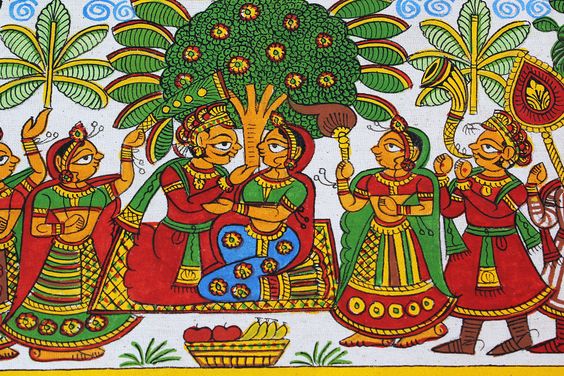Cricket is not just a sport in India; it’s a religion. The passion, the emotions, and the sheer excitement that cricket brings to millions of Indians are unparalleled. Over the years, the Indian cricket team has evolved from being an underdog to one of the most formidable teams in the world. This blog post explores the journey, the milestones, and the future of Indian cricket.
Early Beginnings
The origins of cricket in India can be traced back to the 18th century, with the first recorded cricket match played in 1721. However, it wasn’t until 1932 that India played its first Test match against England at Lord’s. Despite the enthusiasm, the early years were challenging, with the team struggling to find its footing in the international arena.
The Turning Point: 1983 World Cup
The Indian cricket team’s fortunes changed dramatically in 1983. Under the captaincy of Kapil Dev, India clinched its first-ever Cricket World Cup, defeating the mighty West Indies in the final. This victory was more than just a cricketing triumph; it ignited a spark that transformed Indian cricket. It gave rise to a new generation of cricketers who believed that they could compete and win on the global stage.
The Sachin Tendulkar Era
The 1990s saw the emergence of one of the greatest cricketers of all time, Sachin Tendulkar. His incredible talent, dedication, and humility made him a national icon and inspired countless young players. Tendulkar’s records and achievements are a testament to his greatness, and his contribution to Indian cricket is immeasurable. Alongside Tendulkar, players like Rahul Dravid, Sourav Ganguly, Anil Kumble, and VVS Laxman formed the backbone of the Indian team, leading to many memorable victories.
The Dawn of a New Era: MS Dhoni and Virat Kohli
The 2000s and 2010s witnessed the rise of MS Dhoni and Virat Kohli, two of the most influential leaders in Indian cricket. Dhoni’s calm and composed leadership style brought unprecedented success to the team, including the 2007 T20 World Cup and the 2011 ICC Cricket World Cup. His ability to handle pressure and make astute decisions earned him the nickname “Captain Cool.”
Virat Kohli, known for his aggressive and passionate approach, took over the reins from Dhoni and continued the legacy. Under Kohli’s captaincy, India became a dominant force in all formats of the game. His emphasis on fitness, aggression, and a never-say-die attitude set new benchmarks for the team.

The Current Generation and the Future
Today, the Indian cricket team is blessed with a wealth of talent. Players like Rohit Sharma, Jasprit Bumrah, Ravindra Jadeja, and KL Rahul have established themselves as match-winners. The team’s depth in both batting and bowling is commendable, making them a formidable opponent in any conditions.
The future looks bright with young talents like Shubman Gill, Rishabh Pant, and Prithvi Shaw showing immense potential. The Board of Control for Cricket in India (BCCI) continues to invest in grassroots development, ensuring a steady supply of talented cricketers.
Conclusion
The journey of the Indian cricket team is a story of resilience, passion, and evolution. From the early struggles to becoming a cricketing powerhouse, the team has come a long way. As fans, we have witnessed historic moments, celebrated numerous victories, and endured heart-breaking losses. But through it all, our love for the game and our team remains unwavering.
As the Indian cricket team continues to strive for excellence, one thing is certain: the legacy of Indian cricket will endure, inspiring future generations to take up the sport and dream big. Here’s to the Men in Blue and the countless memories they have given us, and the many more to come!
